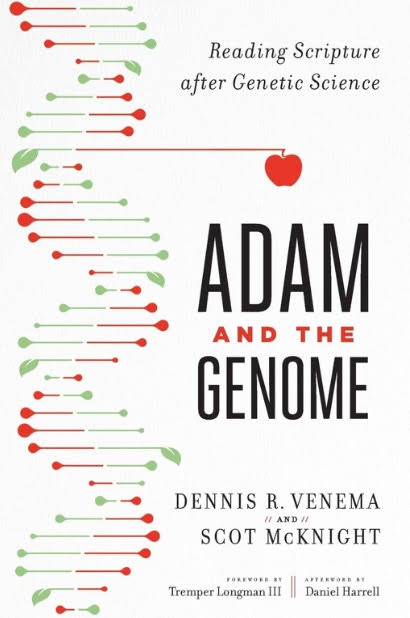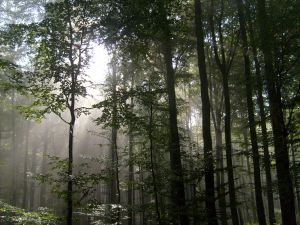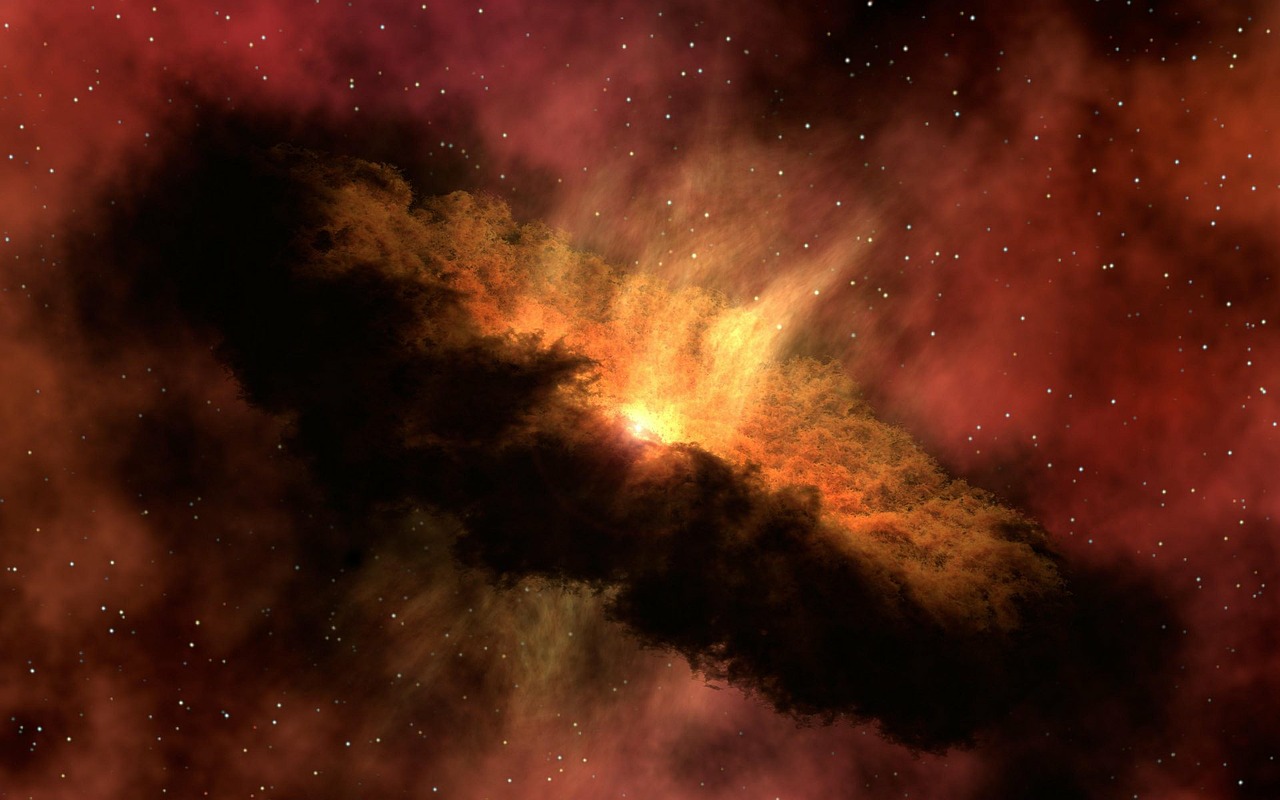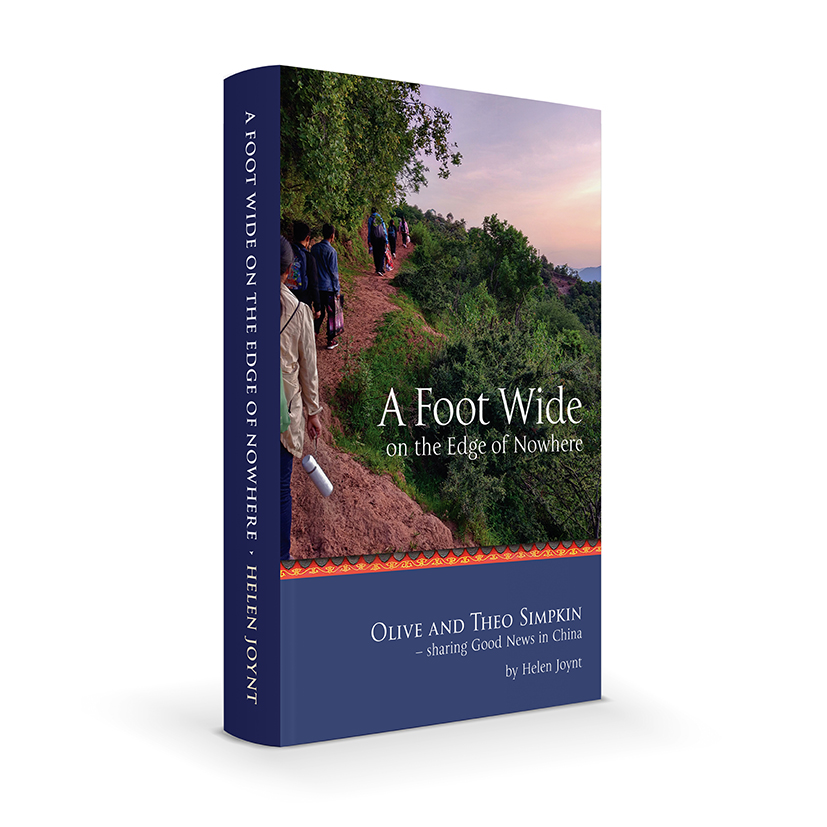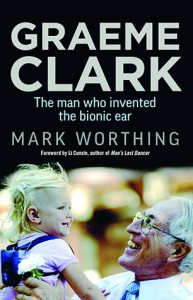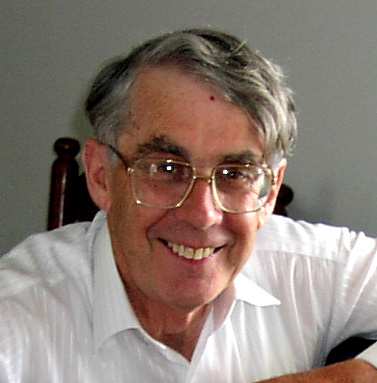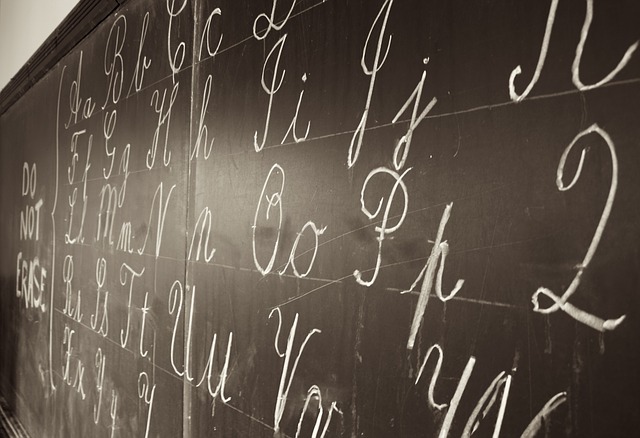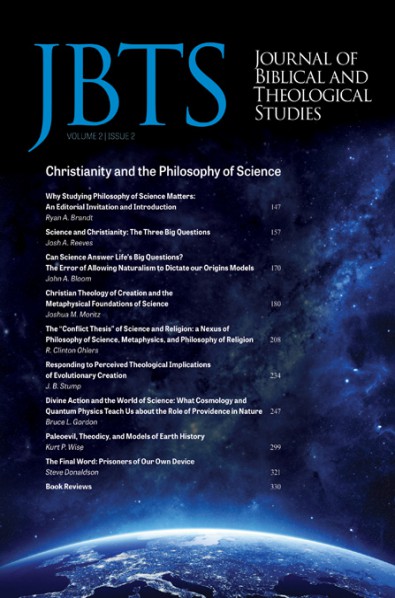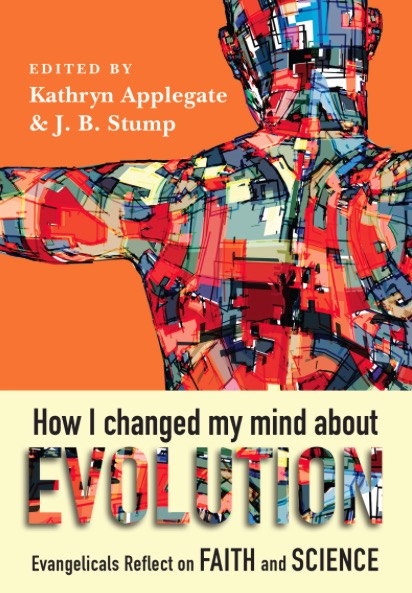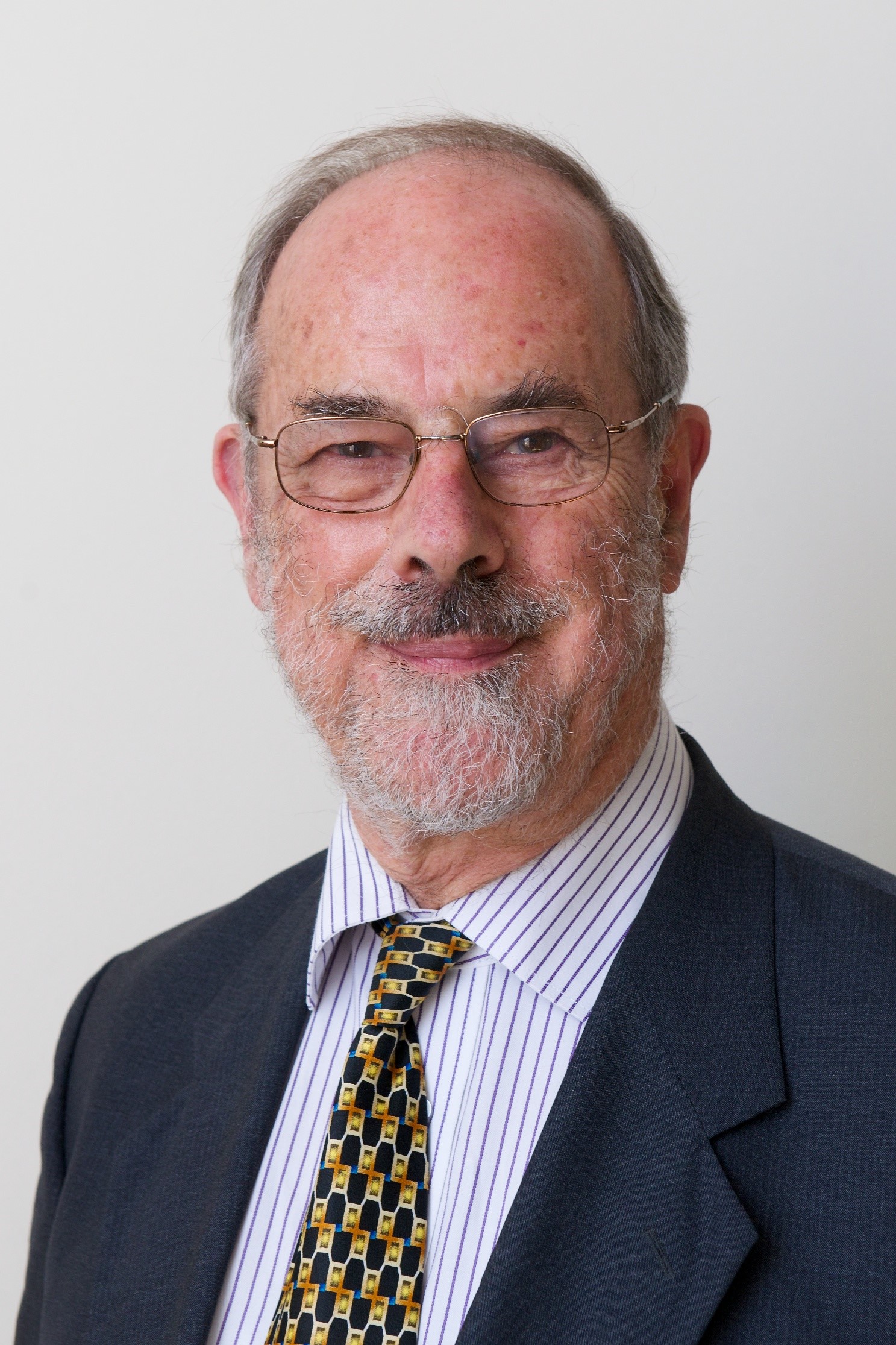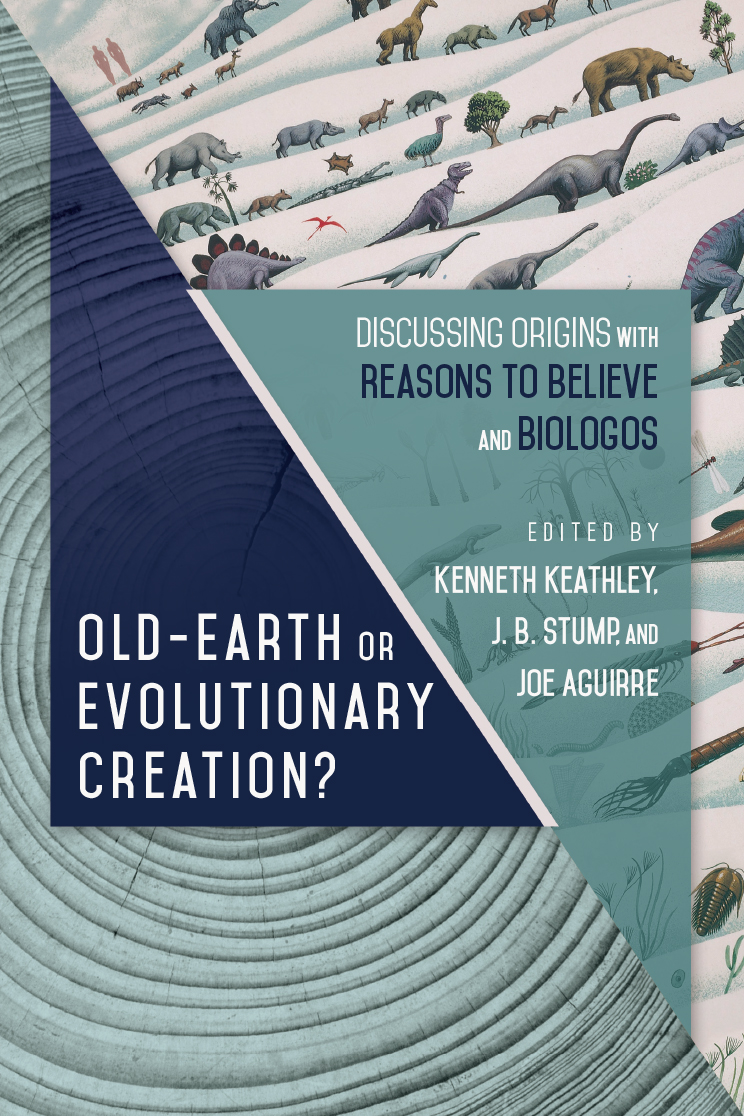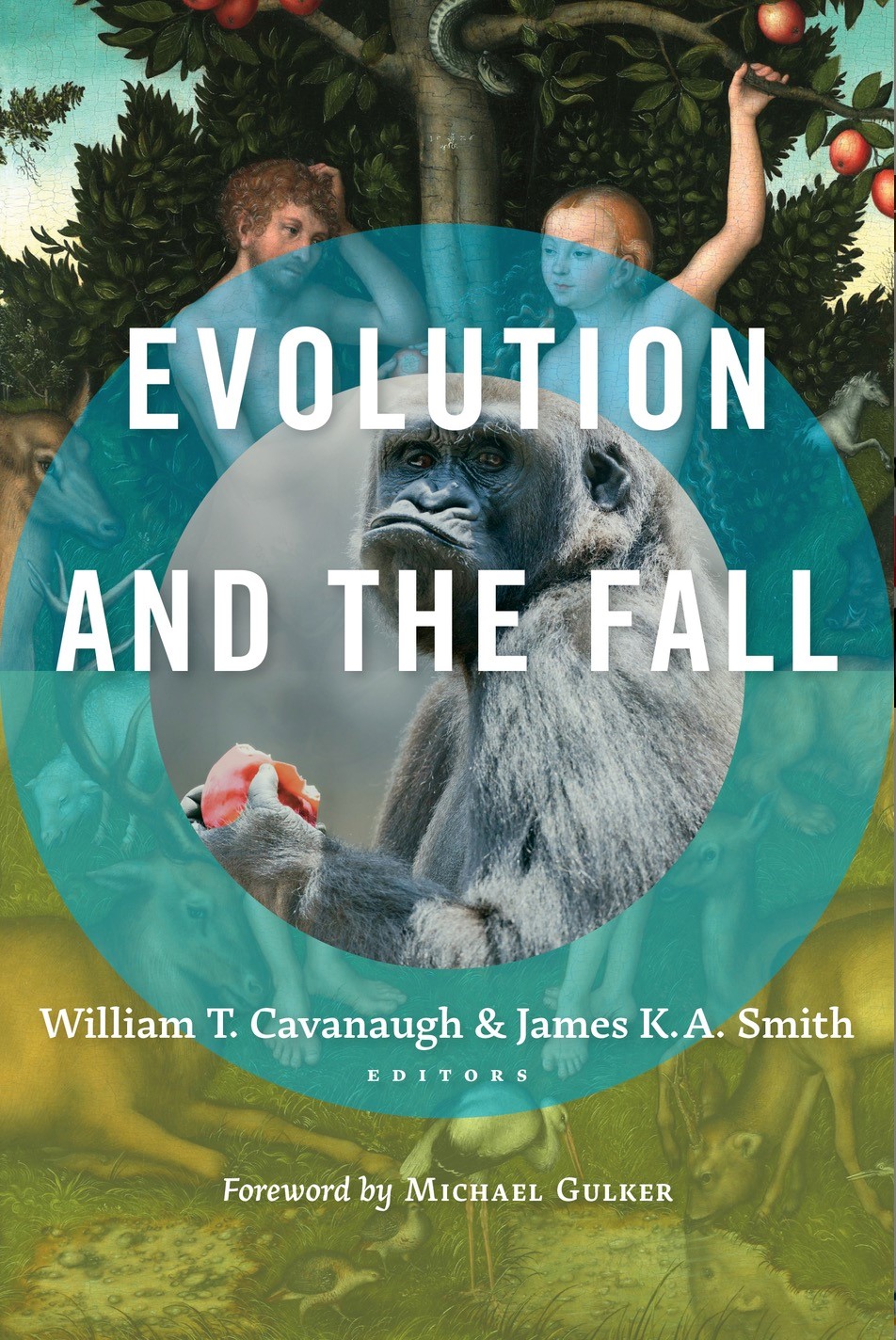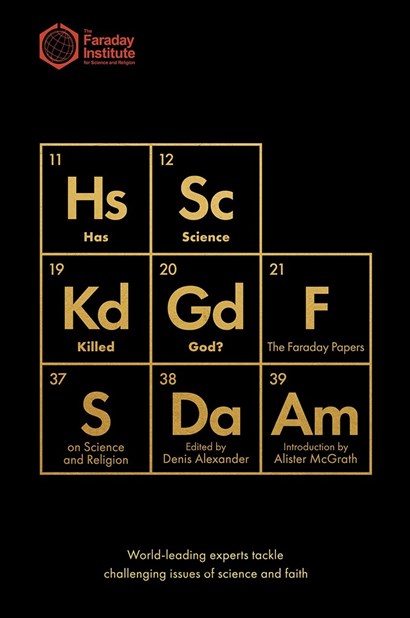
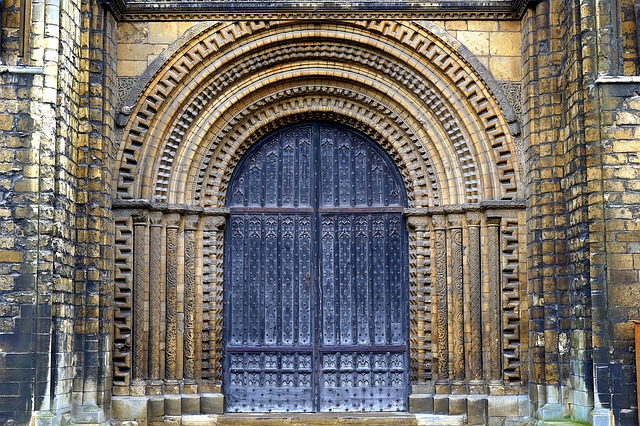
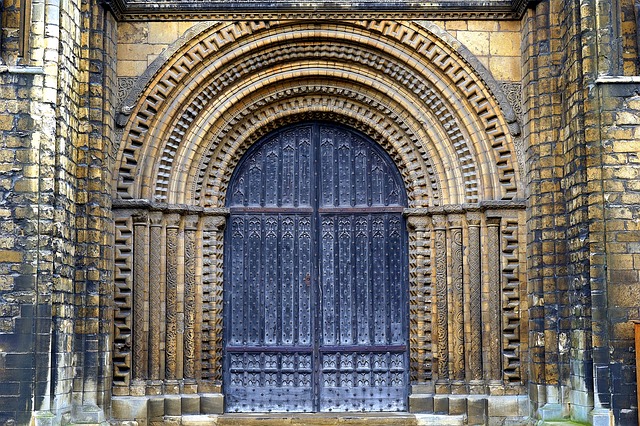
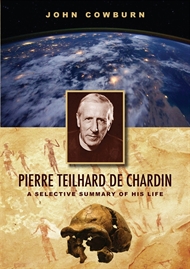 Review of John Cowburn SJ’s book ‘Pierre Teilhard de Chardin: A selective summary of his life‘
Review of John Cowburn SJ’s book ‘Pierre Teilhard de Chardin: A selective summary of his life‘
Mark Worthing, July 2013.
Download PDF
John Cowburn SJ
Pierre Teilhard de Chardin: A selective summary of his life
Mosaic Press, Melbourne, 2013, 130 pp.
ISBN-10: 1743240856 ISBN-13: 978-1743240854
Reviewed by Mark Worthing
It is good to see the emergence of a new Australian publisher of theological books. The establishment of Mosaic Press makes books like this one by John Cowburn, a Melbourne Jesuit and retired professor of philosophy at the United Faculty of Theology, MCD, possible. Professor Cowburn’s book is not a mainstream rehash of Teilhard’s life and thought . Several of these already exist. The book is very folksy and informal, especially in the early sections, and tends to state information preceded by qualifiers such as ‘it seems to me’, ‘I believe’, ‘presumably’, and ‘in all probability’, far too often in relation to facts that should be able to be checked. The author’s approach is idiosyncratic, at times to distraction. At one point after devoting a small section to the attempts to invent a scientific religion, such as those by Mary Baker Eddy, he confesses that as far as he knows Teilhard had no interest in any of these. So why then mention them? As the author explains, ‘because I find them amusing’.
Indeed, Professor Cowburn’s work could have benefited from some editorial advice in several places. Yet despite all that, I found myself warming to the book and its approach, the further I read.
If one is able to look beyond its quirks, and the tendency to get off task in the early sections, the book offers some significant and unique perspectives on Teilhard’s life and thought. Cowburn focuses particularly on Teilhard’s unusual yet important relationships with a number of women in his life. He tells the story of these relationships fairly, and is empathetic to both Teilhard and his need for companionship, and the women doomed to fall in love with a man who had taken a vow of chastity. We gain insight into Teilhard’s humanity, his struggles with sexuality and relationships, and the kind of friendships he sought out and needed. There are also important perspectives on his relationship with the Jesuit order, which on at least two occasions he contemplated leaving, and on some of his lesser known but more controversial views, such as his support of eugenics or his belief in the superiority of some races of humanity over others, which were not unheard of among intellectuals of his period, but would be considered quite shocking today.
The book, while getting off to a slow start, gains momentum as it progresses and paints a picture of Teilhard, warts and all, from the perspective of a fellow Jesuit and academic. Teilhard’s commitment to evolutionary theory, his attempts to construct a new kind of Christian spirituality, and his interesting personal life and struggles in some of the most interesting of times, both scientifically and politically, are all covered in this brief book. His life in Paris before, during, and after both wars, and his years in China during the Japanese occupation and beginning of the communist revolution, make for a dramatic backdrop to his scientific and theological pursuits.
For those involved in the science and faith dialogue it is interesting to note the level of opposition Teilhard experienced within both his order and the Catholic hierarchy because of his acceptance of the theory of evolution. In our time, Teilhard is a hero of the 20th century church and pioneer of the science and faith conversation. Yet in his lifetime he was never allowed to publish the key works which he was convinced would change the church and its relationship with science. Publication of his classic texts were delayed for decades until friends finally were able to publish them after his death— and even then it was against the objections of the Jesuit hierarchy who asked them to wait another fifty years!
While not the usual or expected Teilhard biography, Professor Cowburn’s book adds to our understanding of the man and his ideas and is well worth the reading for Teilhard de Chardin fans – especially those willing to look at Teilhard in a different light than that to which they may be accustomed.
Mark Worthing is Senior Researcher, Australian Institute for Theology and Ethics, Australian Lutheran College, Adelaide, and a Fellow of ISCAST.
2
